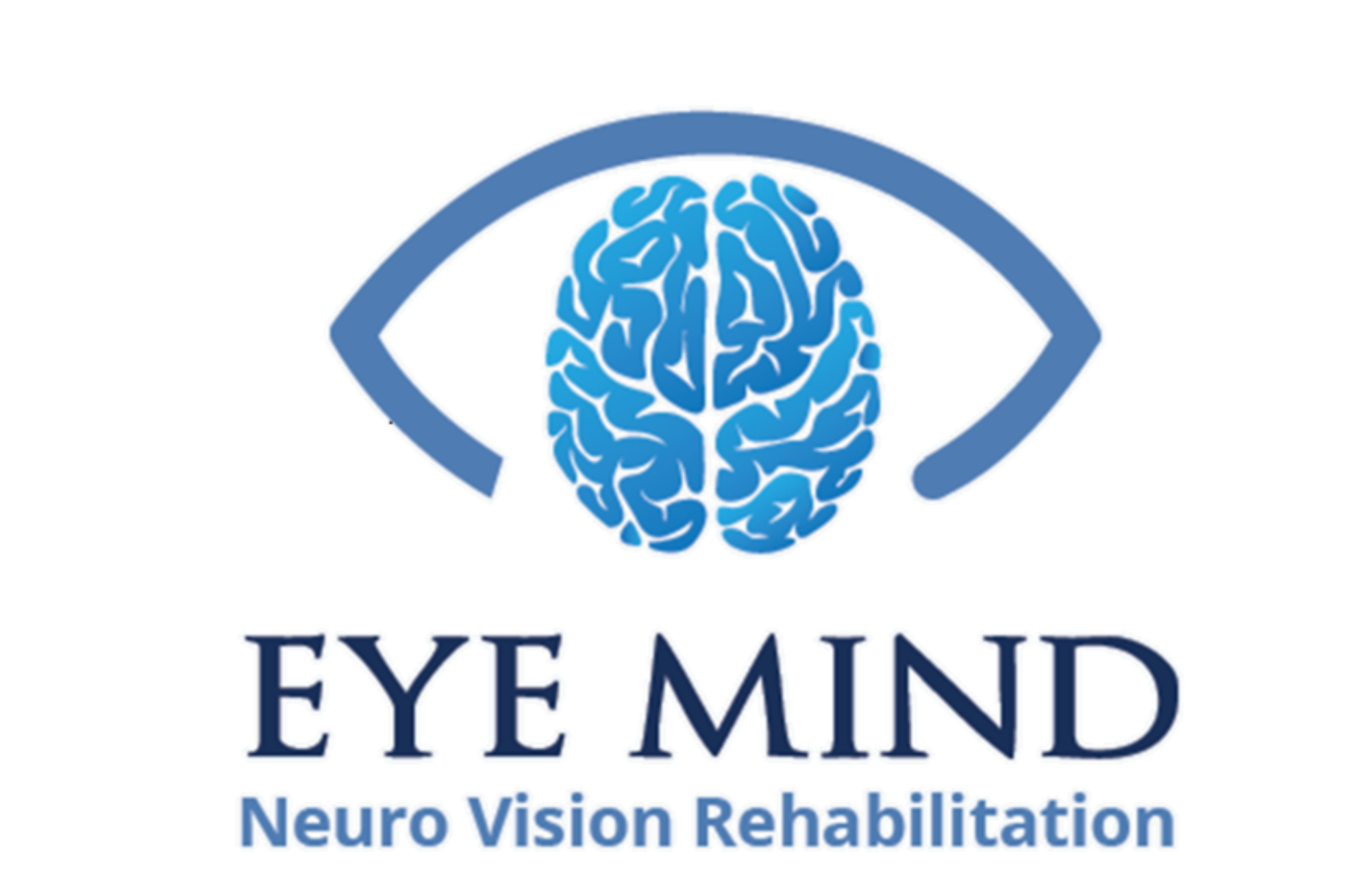As part of De Jongh Optometry, Eyemind is a Neuro Vision Rehabilitation Centre offering vision therapy to patients suffering from a traumatic brain injury such as stroke, concussion and accidents.
Post traumatic brain injury patients display an array of visual deficits in terms of coordination, balance, veering during mobility and orientation. These individuals often experience difficulty to concentrate on near point tasks, has an inability to tolerate crowded or busy places and have difficulty reading – related or not related to blur and/or diplopia.
One of the most underestimated brain injuries is the so called moderate to severe brain injury. When a person suffers from concussion, it happens with a relatively low impact that will literally “shake” the brain in the skull. This type of injury results in bruising of the brain tissue and tearing of the delicate nerve tissue (neurons).
Patients with post-concussion syndrome (PCS) and post trauma vision syndrome (PTVS) presents with symptoms such as headaches, dizziness, malaise, fatigue, noise intolerance, loss of concentration, memory loss, intellectual difficulties, insomnia, irritability, depression, anxiety, impaired tandem gait, peripheral visual imperceptions & delayed visual memory dysfunctions.
Brain injury, brain surgery, degenerative age changes and stroke disrupts the visual system and leads to symptoms of blur, light sensitivity, double vision, loss of visual field, focusing problems, eye teaming difficulties, disorientation, uncertainty in guiding body movement, loss of balance, clumsiness, motion sickness, concentration difficulty, dizziness and nausea. The central and side vision is disrupted in their pattern of working together and we tend to switch into ‘survival mode’ where we concentrate too much on the central vision and basically ‘forget’ to use our side vision which helps us with orientation, coordination, balance and movement. With our neuro-vision rehabilitation program, we aim to assist in building visual systems back to a level where a patient can regain clear, comfortable, reliable vision and vision related functionality. Just as it took the brain and visual system a long time to gradually and systematically build the vision skills and integration with all other senses, so the process of rehabilitation will need time, patience, dedication and persistence. We know it will at times be difficult and frustrating, but we are here to help, assist and guide our patients through the process.
